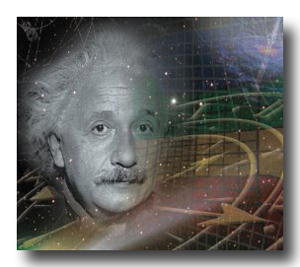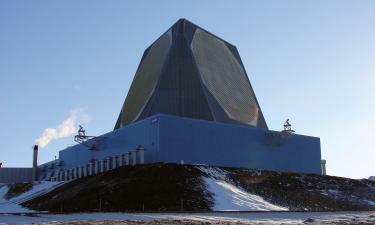Never before seen letters of Isaac Newton and Albert Einstein found in London and Tokyo
The letters contain a great message from Dr. Einstein to everyone who lives nowadays, when the fighting against nuclear weapons continues
The events, which happened on the different continents, are not only similar in their importance for the history of science but also curiously coincided in terms of time. While working with the catalogue of Isaac Newton's archival documents, researchers discovered several sheets of paper written by brilliant physicist and mathematician himself. They were considered lost for 70 years. Meanwhile in Japan eighty-year-old Nobuko Shinohara announced that she owned several Albert Einstein's letters, which had never been exposed to public. 
The biographers of Isaac Newton have known for a long time that he was interested in the works of his contemporaries who were conjuring to convert base metals into gold and silver. After the author of “Mathematical Principals of Natural Philosophy” (1727) had died, notes on alchemy were left among his papers. However, for some unknown reasons they happened to be out of the whole scientist's written heritage and were bought by some collector for nothing but J15 in July 1936. Nobody heard of the notes since then.
And recently in the Royal Society's archives the researchers unexpectedly came across the papers, which were not registered in the catalogue and were written in English in familiar handwriting. They turned out to be the ones, which were lost for the Newton's biographers after that auction sale in London. Dr. John Young from the Newton Project says that thanks to this discovery we can now find out which alchemy theories were familiar to Newton and who were their authors. At the moment these notes are exhibited at the yearly Royal Society Summer Science Exhibition in London.
Meantime, Nobuko Shinohara, widow of philosopher and German-Japanese translator who died 4 years ago, made a sensational announcement that she has the unpublished letters of Albert Einstein. She told journalists that her husband's correspondence with the author of special relativity theory started in 1953 when Seiei Shinohara sent Einstein a letter sharply criticizing his role in developing nuclear weapons. On June 23 of the same year Albert Einstein wrote an answer in German without any greetings: “I have always condemned the use of the atomic bomb against Japan but I could not do anything at all to prevent that fateful decision.”
Mrs. Shinohara says that Einstein's answer to that first letter her husband had written in a fit of anger was definitely full of irritation. But as correspondence continued they established friendly relationships. The couple sent to the famous artist a Japanese doll and several traditional-style drawings. In response they received his big signed photo. Shinohara dreamt of going overseas to discuss various philosophical questions with Einstein but never did that. After Einstein's death in 1955 he would repeat many times that he was missing this wonderful person.
The correspondence helps us understand better the outlook of the scientist who was far from “convicted advocate of principle of non-resistance to evil” as he was sometimes pictured in ideological disputes during the period of the Cold War. Understanding Einstein's moral authority in the world, the Soviet propaganda added him to aggressive opponents of war. However, Einstein's views on this problem were not so primitive.
"The only consolation, it seems to me, in the development of nuclear bombs is that this time the deterrent effect will prevail and the development of international security will accelerate," Einstein wrote in one of his letters to Shinohara.
Still, he makes quite an important reservation: “I didn't write that I was an absolute pacifist but that I have always been a convinced pacifist. That means there are circumstances in which in my opinion it is necessary to use force.” “Such a case would be when I face an opponent whose unconditional aim is to destroy me and my people," he said clearly pointing to his Jewish origins and Hitler's racism, which forced him to leave the country. "Therefore, the use of force against Nazi Germany was in my opinion justified and necessary."
The Shinohara-Einstein correspondence broke off in July 1954 several years before the death of the American scientist. Seiei Shinohara died of stroke in 2001 just a year before reaching his 90th birthday. All this time the widow was keeping the letters in her home archive. But this time she has chosen to go public with the letters on the threshold of the 60th anniversary of the world's only nuclear attacks and on the 100th anniversary of the birth of the relativity theory. “I came to conclusion that these letters contain a great message of Dr. Einstein to everyone who lives nowadays, when the fighting against nuclear weapons is going on, said she.”
Subscribe to Pravda.Ru Telegram channel, Facebook, RSS!




